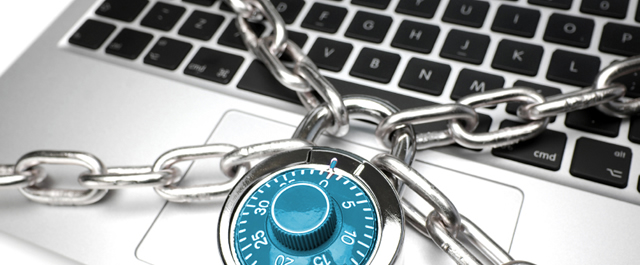
By securing your home computer and engaging in good practices, you can reduce the likelihood of
an attack occurring. The following tips will help lower your risk while you are online.
Firewalls can either be a program or hardware that prevents hackers from gaining entry into your
computer. Hackers operate by searching the internet similarly to telemarketers automatically
dialing random phone numbers. Instead hackers will send electronic probes, or pings, to
thousands of computers and waits for a response. Firewalls prevent your computer from responding
to these random pings by blocking communications to and from sources you do not permit. Having a
firewall is essential if you have a high-speed Internet connection, such as DSL or cable.
Some operating systems have built-in firewalls, therefore:
Computer viruses are small software programs which are designed to destroy your personal data,
slow down/crash your computer, or allow spammers to send e-mails through your account.
Anti-virus software protects by scanning your computer and your incoming e-mails for viruses,
and deletes them before it causes havoc.
Spyware is software installed without your knowledge or consent. It secretly eavesdrop your
online activities and collects personal information while you surf the Web. Examples of these
are key loggers which record everything you type in, including passwords and financial
information.
To identify an infected computer look out for the following signs, a large number of pop up ads
appearing, a redirection to a website that you do not what to go to, or a sluggish computer.
Hackers are continuously trying to find weaknesses or holes in operating systems and
browsers.
In a home wireless network certain precautions must be taken to secure against hackers.
You can contact Republic Bank's Call Centre to report any suspicious activity or to simply get information or guidance. You can reach our Call Centre at 471-555 or send an e-mail to: internetbanking@republicbanksr.com
RepublicOnline is a Trademark of Republic Bank LimitedAll Rights ReservedDisclaimerLegalPrivacy